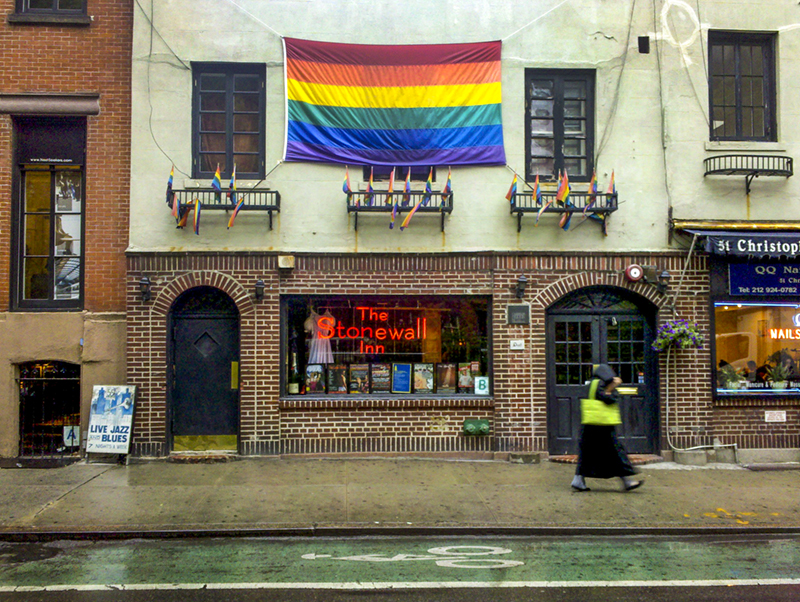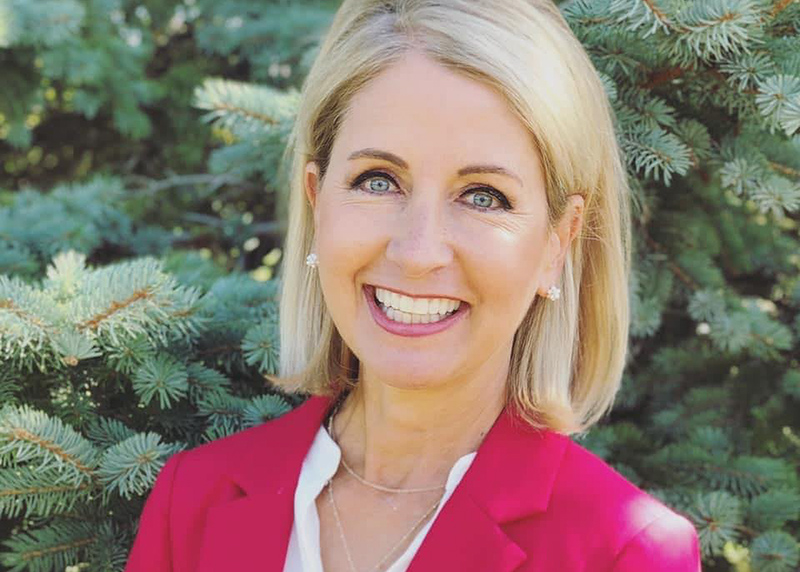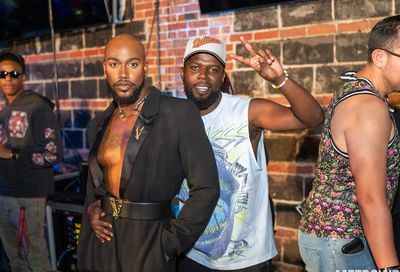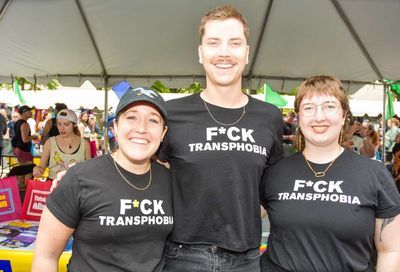Trump administration tells Supreme Court it should be legal to fire gay employees
As it already did for trans people in a separate brief, the government argues that Title VII does not protect LGB employees from workplace discrimination

Following a familiar pattern, the Trump administration has told the U.S. Supreme Court that employers should be allowed to fire or discriminate against gay, lesbian, or bisexual employees, and that such individuals are not protected by laws prohibiting sex discrimination.
The U.S. Department of Justice previously made the same argument to the 2nd U.S. Circuit Court of Appeals when the court was considering a lawsuit brought against an adventure company on behalf of the late Donald Zarda, a gay skydiving instructor who had alleged, prior to his death, that he was fired from his job at the company because of his sexual orientation. The 2nd Circuit later rejected that argument, ruling that discrimination based on sexual orientation was a form of sex-based discrimination.
The Zarda case has since been consolidated with a case in which the 11th Circuit Court of Appeals dismissed a lawsuit brought by Gerald Lynn Bostock, a child welfare services coordinator in Clayton County, Ga., alleging that he was fired after his sexual orientation came to light.
At issue in the consolidated case is whether Title VII of the Civil Rights Act of 1964, which prohibits discrimination “based on sex” applies to instances of anti-LGB discrimination.
“The question here is not whether Title VII should forbid employment discrimination because of sexual orientation, but whether it already does,” Solicitor General Noel Francisco writes in an amicus brief on behalf of the administration. “The statute’s plain text makes clear that it does not; discrimination because of “sex” forbids treating members of one sex worse than similarly situated members of the other — and discrimination on the basis of sexual orientation, standing alone, does not result in such treatment.
“Congress has amended other statutes expressly to cover sexual-orientation discrimination, and it remains free to do the same with Title VII. But until it does, this Court should enforce the statute as written.”
The Trump administration’s brief was submitted a little more than a week after the government submitted a brief in another case arguing that Title VII also did not protect transgender individuals from workplace discrimination.
The plaintiff in that case, Aimee Stephens, alleged that she was the victim of sex discrimination after being fired from her job at a funeral home once she transitioned and began dressing in a way that matched her gender identity while at work.
The 6th Circuit ultimately ruled in Stephens’ favor, at which point her former employer appealed to the Supreme Court.
The high court is slated to hear arguments in both the Stephens case and the consolidated Zarda/Bostock case on Oct. 8.
The LGBTQ advocacy organization GLAAD criticized the Trump administration for its brief, noting that they adopted an argument — based on the strict interpretation of “sex-based” discrimination as only those forms of mistreatment based upon a person’s biological sex at birth — that is nearly identical to that promulgated by former Alabama Chief Justice Roy Moore, now a Republican candidate for the U.S. Senate.
“This is the Trump Administration’s 124th attack on LGBTQ people since taking office, and they join Roy Moore in opposition to workplace protections for LGBTQ people,” GLAAD said in a statement.
In a brief submitted to the Supreme Court, Moore’s legal advocacy organization, The Foundation for Moral Law, claims that the authors of the Civil Rights Act of 1964 would have considered protecting people on the basis of sexual orientation and gender identity to be “repulsive and horrifying.”
“In 1964, homosexual conduct was a crime in all 50 states,” The Foundation for Moral Law wrote in its brief. “It was widely considered to be immoral, unnatural, and a danger to national security. The idea that the Framers of the Civil Rights Act of 1964 intended that the term ‘sex’ should be defined in a way that their respective states and constituents would have considered abhorrent, is absurd.”
But Attorneys General for 21 states and the District of Columbia, prominent businesses, employment law scholars, and a number of civic and religious groups have filed their own briefs in both the Zarda and Stephens cases, arguing that the high court should find that Title VII protects LGBTQ individuals.
“Like the majority of Americans, the individuals and entities that signed these powerful briefs in support of LGBTQ people agree that it is both wrong and unlawful to fire someone for being LGBTQ,” James Esseks, the director of the American Civil Liberties Union’s LGBT & HIV Project, said of the more than 40 pro-LGBTQ briefs that have been submitted thus far. “These briefs show that if the court rules against LGBTQ people, everyone who has been protected from discrimination on the basis of sex will be put in harm’s way.”
Read more:
Tennessee district attorney who refuses to prosecute LGBTQ domestic violence could be disbarred
Federal appeals court finds Idaho must pay for transgender inmate’s gender confirmation surgery
Trans woman forced to show TSA her genitals in order to board a plane
Support Metro Weekly’s Journalism
These are challenging times for news organizations. And yet it’s crucial we stay active and provide vital resources and information to both our local readers and the world. So won’t you please take a moment and consider supporting Metro Weekly with a membership? For as little as $5 a month, you can help ensure Metro Weekly magazine and MetroWeekly.com remain free, viable resources as we provide the best, most diverse, culturally-resonant LGBTQ coverage in both the D.C. region and around the world. Memberships come with exclusive perks and discounts, your own personal digital delivery of each week’s magazine (and an archive), access to our Member's Lounge when it launches this fall, and exclusive members-only items like Metro Weekly Membership Mugs and Tote Bags! Check out all our membership levels here and please join us today!





























You must be logged in to post a comment.